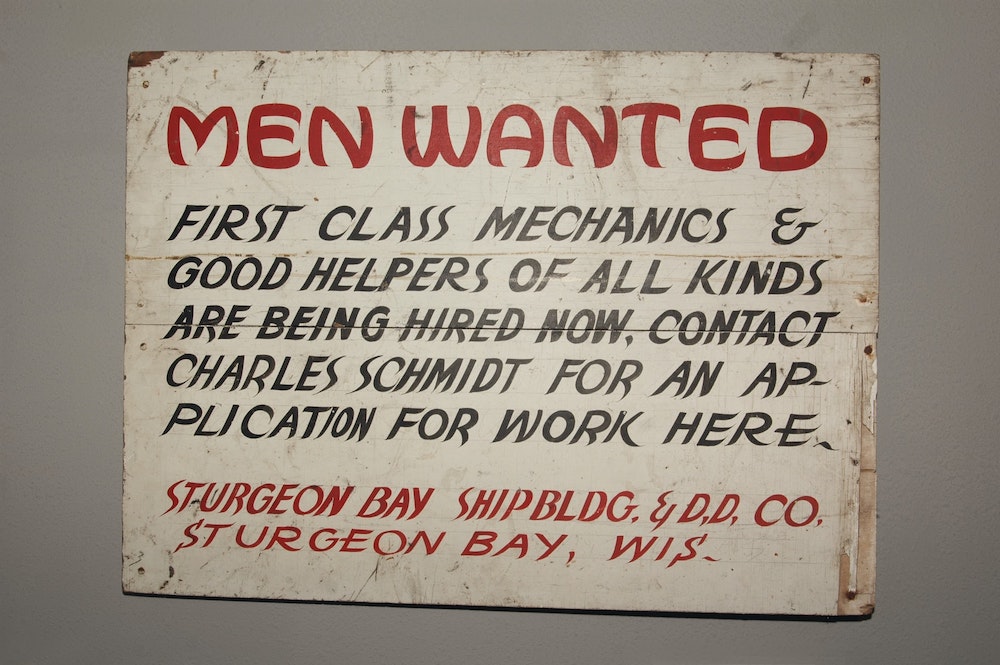When television first took off in America it was widely assumed that radio and newspapers would die out. In the 1990s the internet was predicted to kill off television. Obviously newspapers, radio, and television are all still rabbiting on, albeit greatly weakened, mainly just used by older people and thier budgies. Nevertheless, while some technology-driven changes can take some time to percolate through others, like refrigeration, happen very quickly. The ice industry died out in a few short years despite the best efforts of the ice lobby. It was also tremendously damaging to the environment. Sounds hauntingly familiar.
Employment law in Australia has traditionally been English Master-Servant in nature but, as you know, things have been changing a lot lately. Labour Hire and gig economy type relationships are common for the less well paid, sweat-equity for startups, and flexible “remuneration” like options for the “war on talent“. These differences have existed around the edges for years but not in the volumes we are seeing now.
The nation’s tax revenue relies heavily on PAYG deducted from employee’s wages, the rising number of alternate relationships is threatening that base. As Bob Dylan said, It doesn’t take a weatherman to know which way the wind blows. The ATO is keen to pursue people it sees as “sham contractors” and Fair Work tries to ensure employees are treated fairly. Changes to relationships, even just understanding them, is now a minefield.
So right now we in a position where the complexity of these types of relationships, and the cross-overs between each one, cause businesses enormous headaches: especially SMEs end employment agencies. There are experts who specialise in the law of these things, like Martin at Ready Set Recruit, and businesses today can’t afford not to have someone like Martin on-call.
There doesn’t seem to be any sign things will get better soon.
If you make your living placing contractors for clients you are obviously in the thick of all of this. We’ve all heard stories about RFPs, even tenders, that don’t include adequate margin for all potential employee entitlements like long service leave. A cynic might suggest it’s a toxic game of pass-the-parcel when the parcel might well blow up in your face. A cynic might also think that this molasses of complexity might well suit the strategies of some large employers and some unions. Just like mobile phone plans or retail electricity pricing that use complexity to intentionally confuse people. Having said that we have all seen the major wage theft stories and some sympathy has to be extended to the poor people in those organisations trying to get the HR and payroll jobs done.
It is all well and good to say it’s just the cost of doing business…
But some of these problems, if not managed with extreme care, can kill your business overnight. Leaving everyone out on the street.
At our business, Middle Office, we do payroll for recruitment agencies and SMEs. We are in the thick of this world. It’s what we work with for our clients day-in-day-out. We don’t work with clients unless they have expert employment law and HR advisors, whose advice we can take comfort from. As Martin says “Winning Bad Business is Not Good for Business“.
As for the future, well that is all very uncertain, it would be lovely to think that some of this pain could go away but that probably won’t happen in our lifetimes. Until then, we at Middle Office spend our time reducing complexity for our clients, we are steadfast about compliance, and, most of all, we help you drive performance so that your business can actually get on with making some money for everyone involved.
Photo by Jen Theodore on Unsplash
